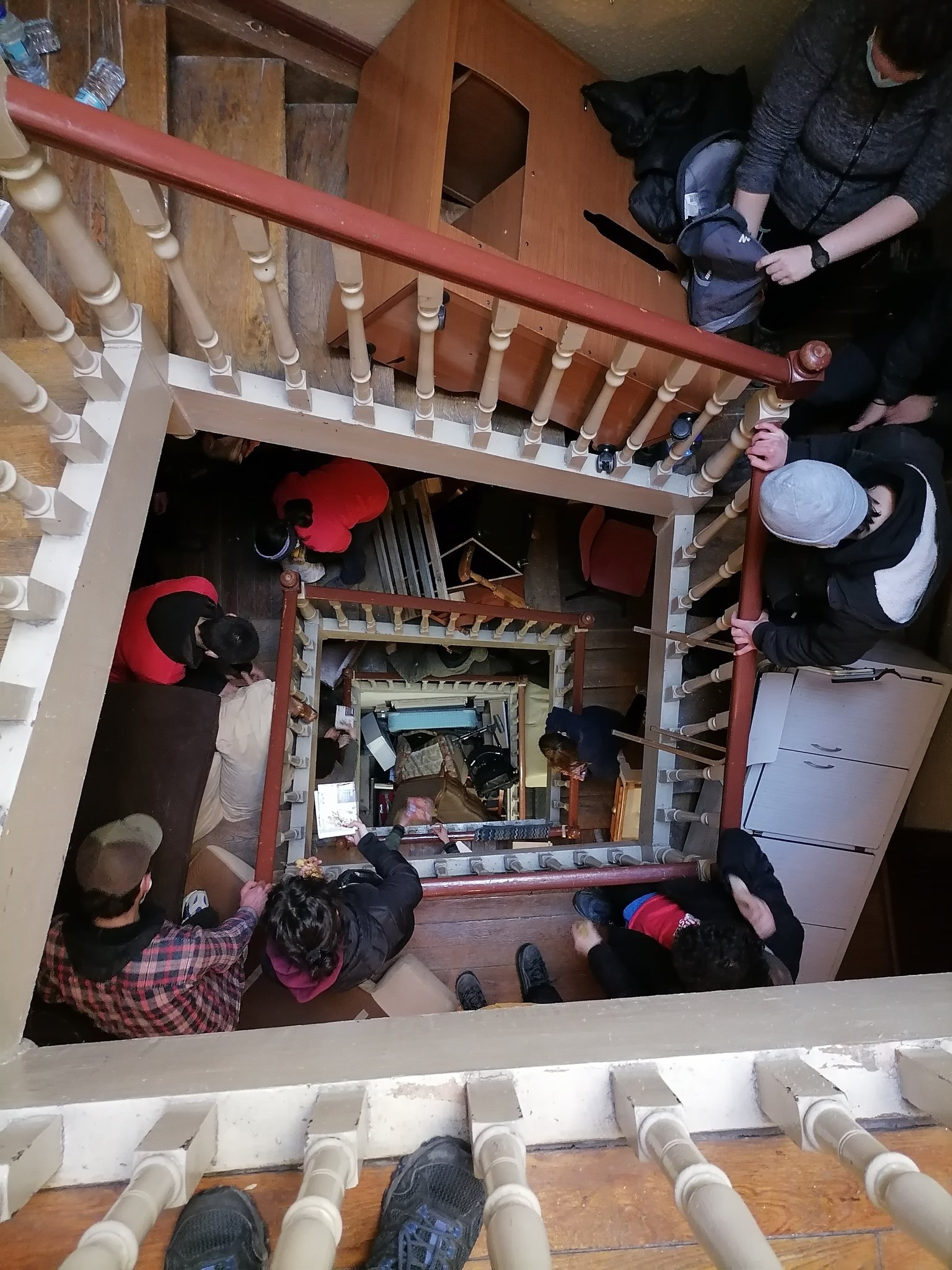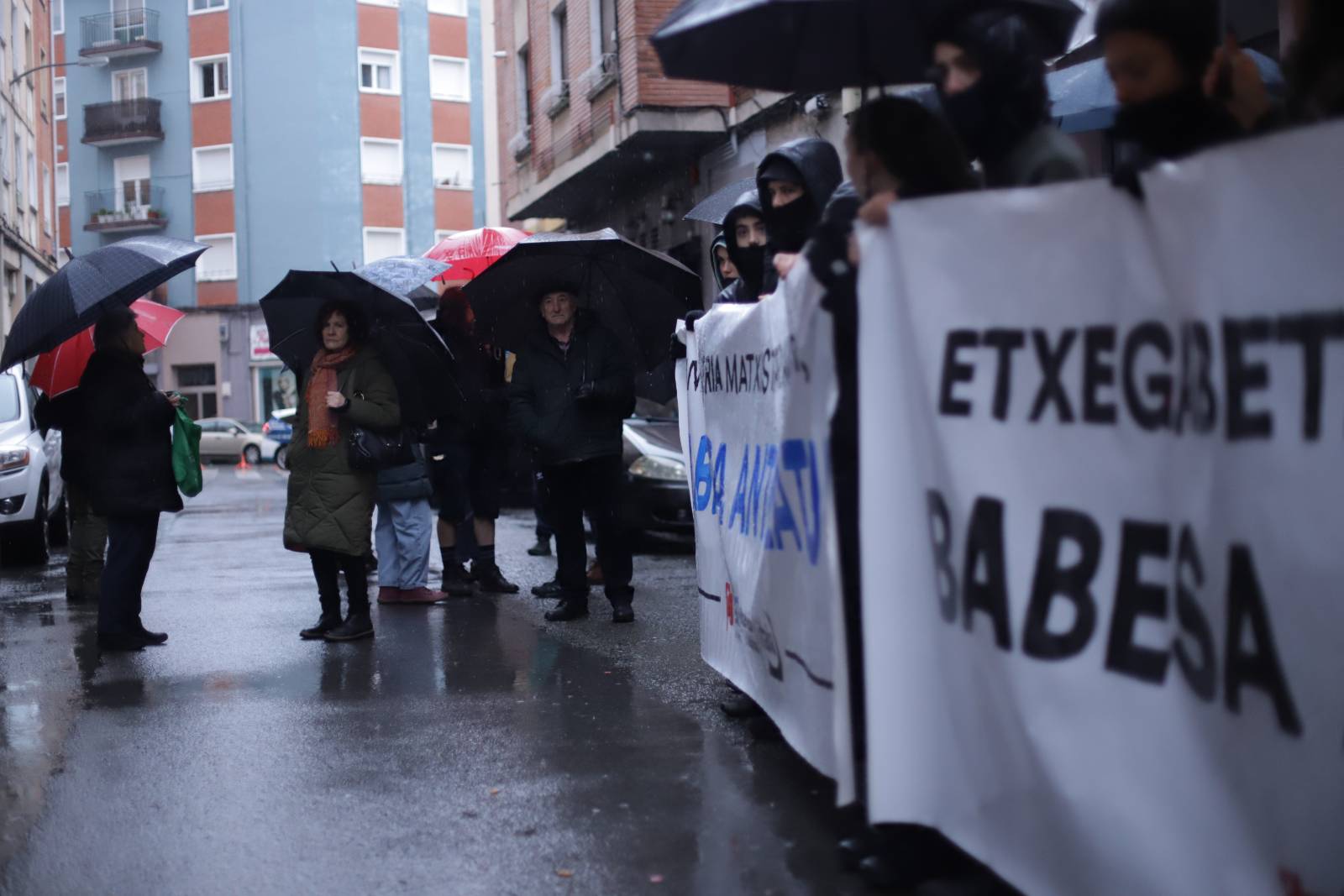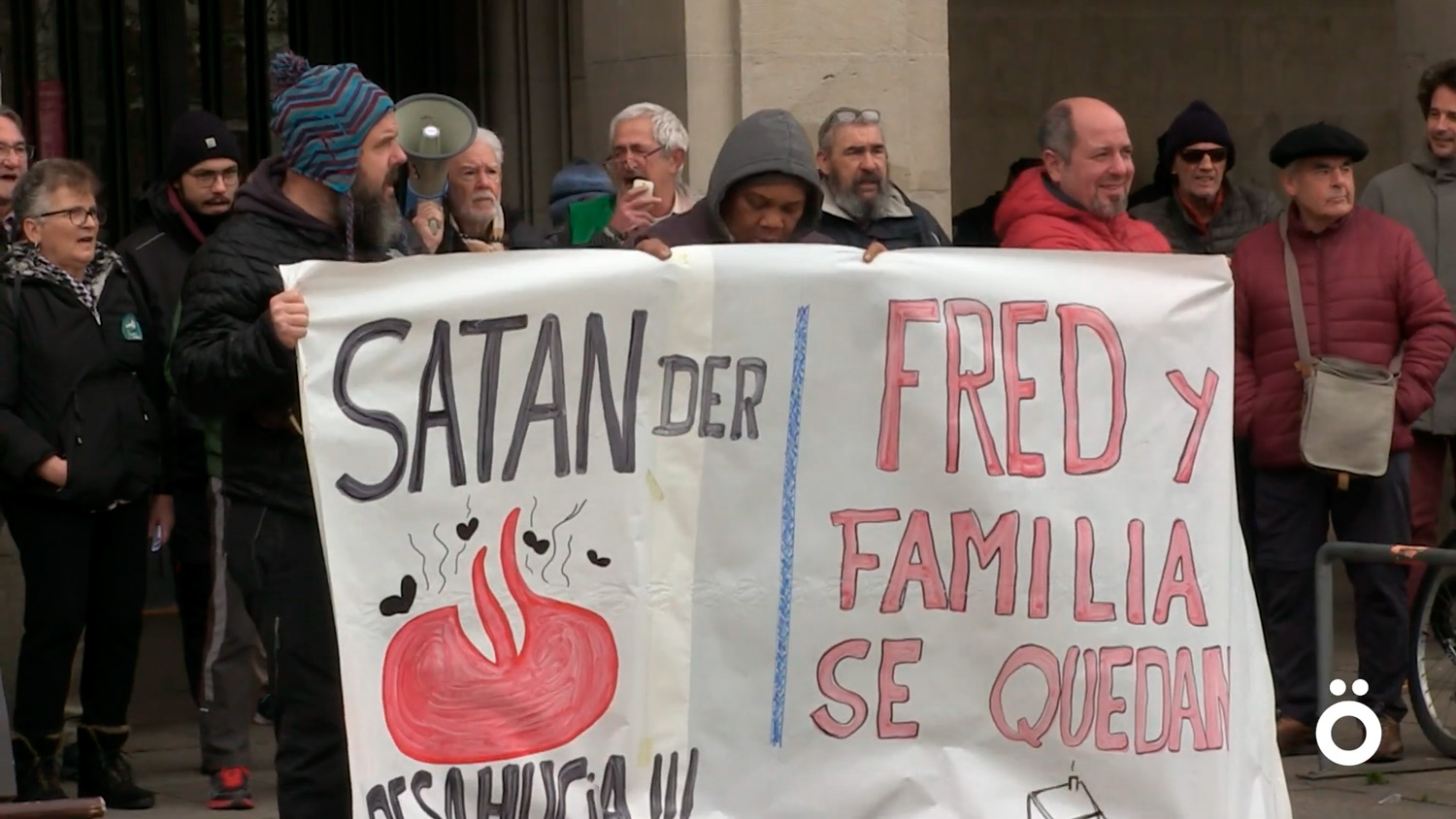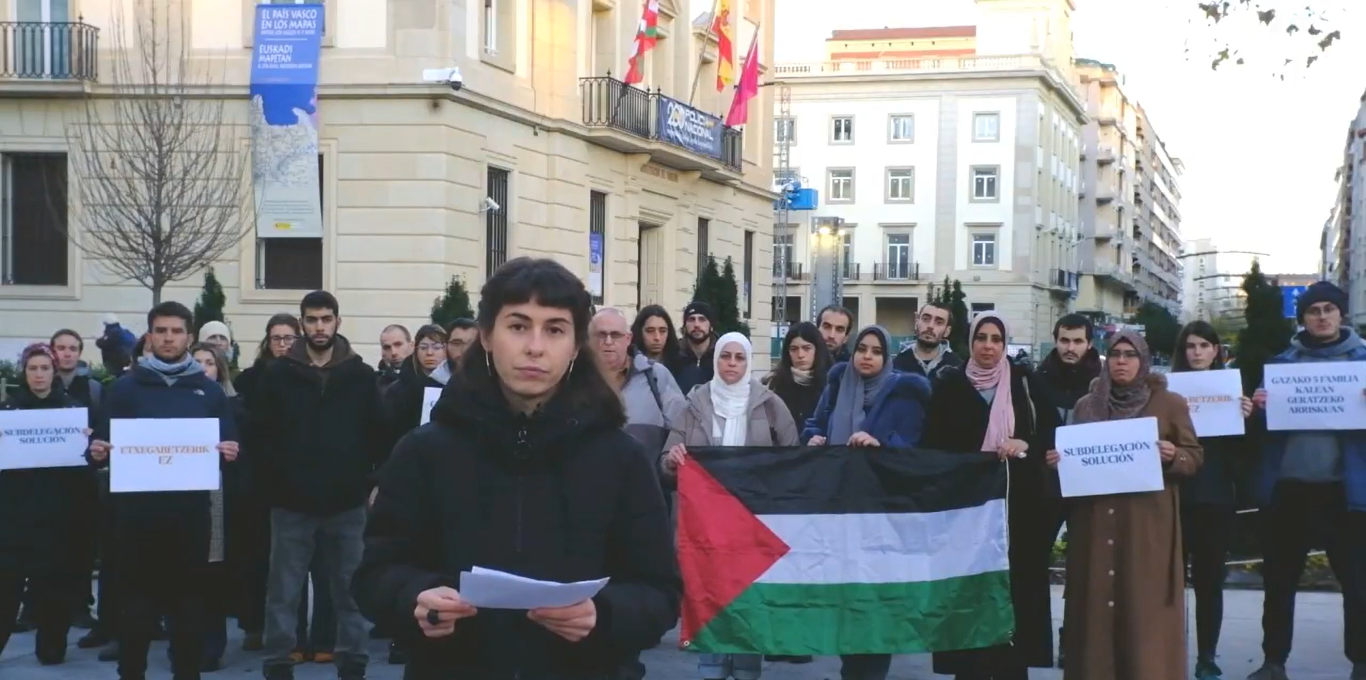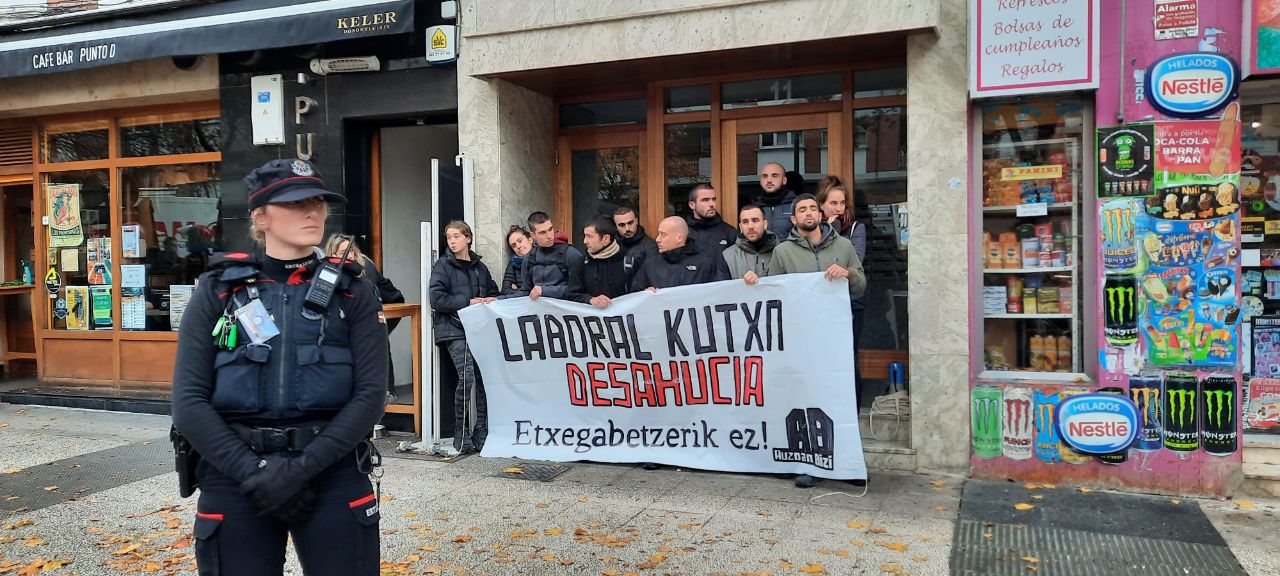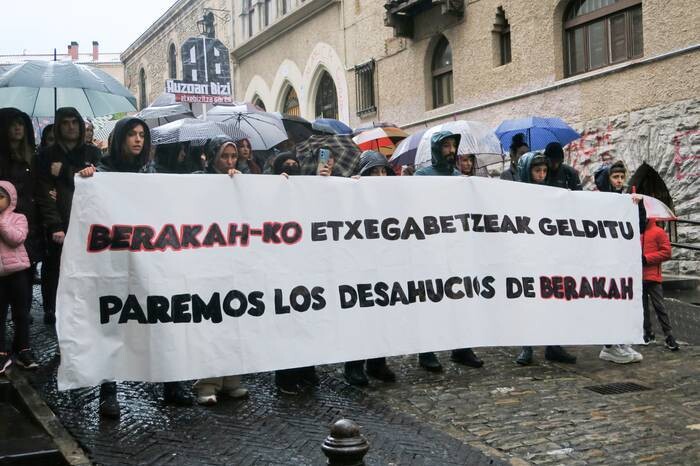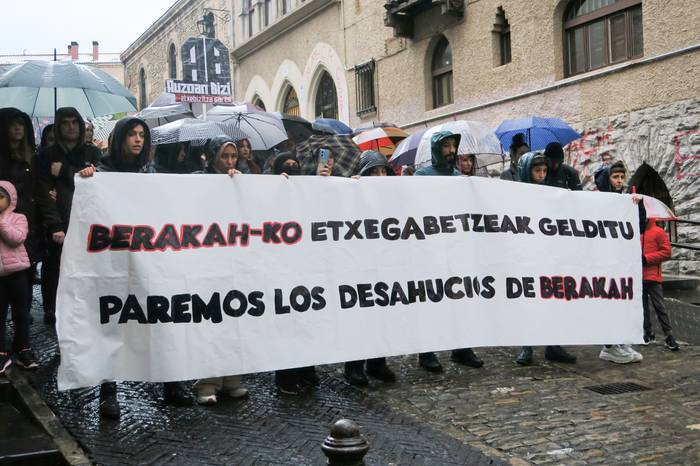The Spanish Government prohibits evictions until the state of alarm is over
- The Spanish Government has prohibited evictions and the cutting of necessary supplies until the end of the state of emergency, i.e. until 9 May.

The Spanish Government has today approved at the Council of Ministers on 22 December the suspension of evictions and necessary supplies to families without alternative housing, such as electricity, water or gas, while maintaining the status of alarma.La this law will remain in force until the end of the state of alarm, on 9 May.
In a press conference after the Council of Ministers, EiTB explained that the Minister of Transport, Mobility and Urban Agenda, José Luis Ábalos, stressed that the new rule is "extraordinary" and has been adopted "for a moment of special difficulty". He added that "it does not legitimize the occupation of housing" and that the order "strengthens judicial guarantees" in housing. It has also stated that the other public authorities with competence in the field of housing, including the two Autonomous Communities of Hegoalde, will also be subject to this order.
Compensation for owners
The Spanish Government has acknowledged that tenants with contracts must submit a request to the court and the social services will decide whether they are in a situation of vulnerability or no.Los owners, for their part, will have the right to claim compensation, provided that it is proven, in the report presented to the judge for the social services, the economic insufficiency of the afectados.Esta compensation to the owners will be the average price of the rent of the environment in which will be. The price shall be determined on the basis of the reference rates.
The evictions of vulnerable families without a contract will also be paralysed for three months, but only if they occupy empty homes of large tenants, that is, more than ten homes. In addition, in the case of such evictions, the possession of minors or dependants or the status of victim of male violence will be essential requirements to avoid eviction.
In all cases, in order to be able to carry out a eviction, the authorities must ensure a decent housing alternative for those affected, which may not be a hostel or a sports club. The autonomous communities will have within three months of the start of the implementation of this housing alternative, which will remain in their hands.








